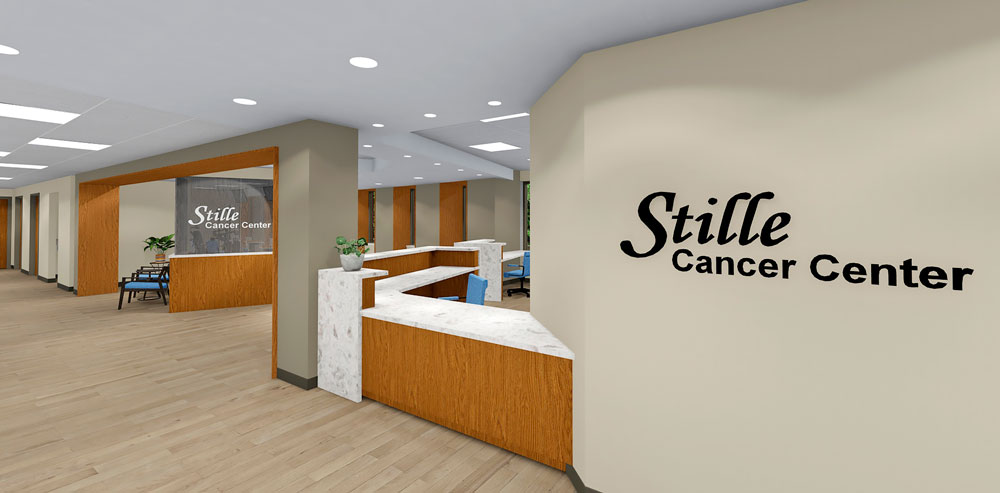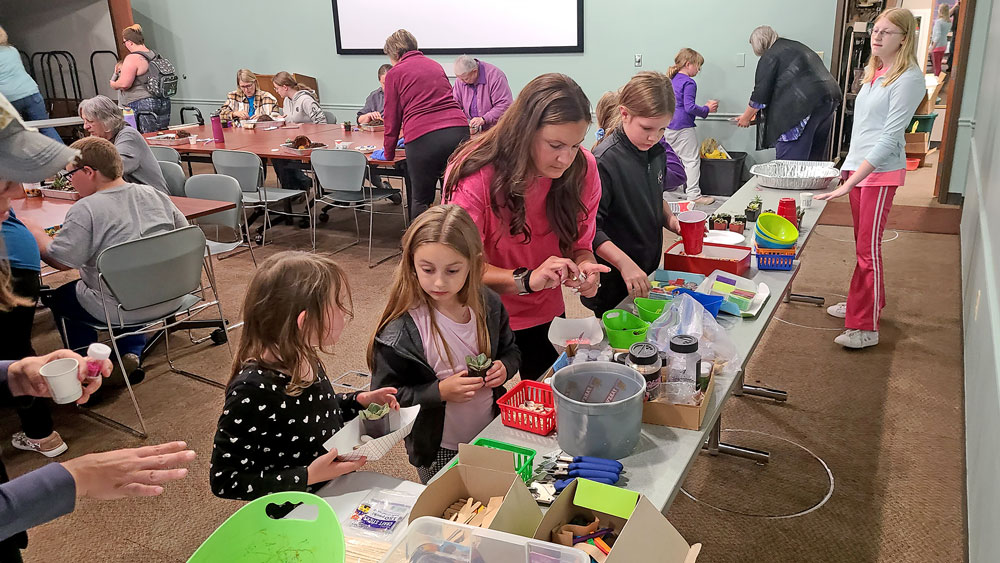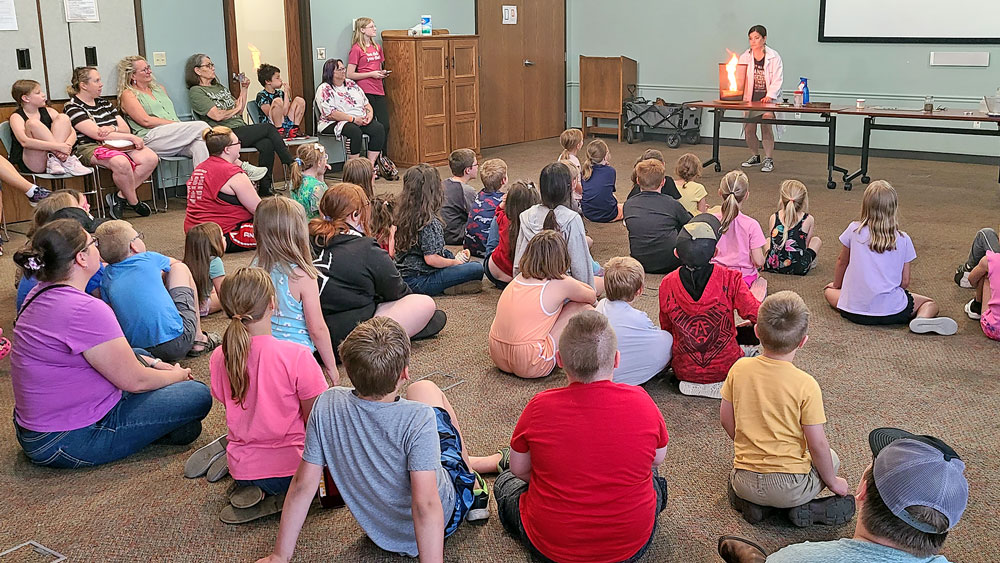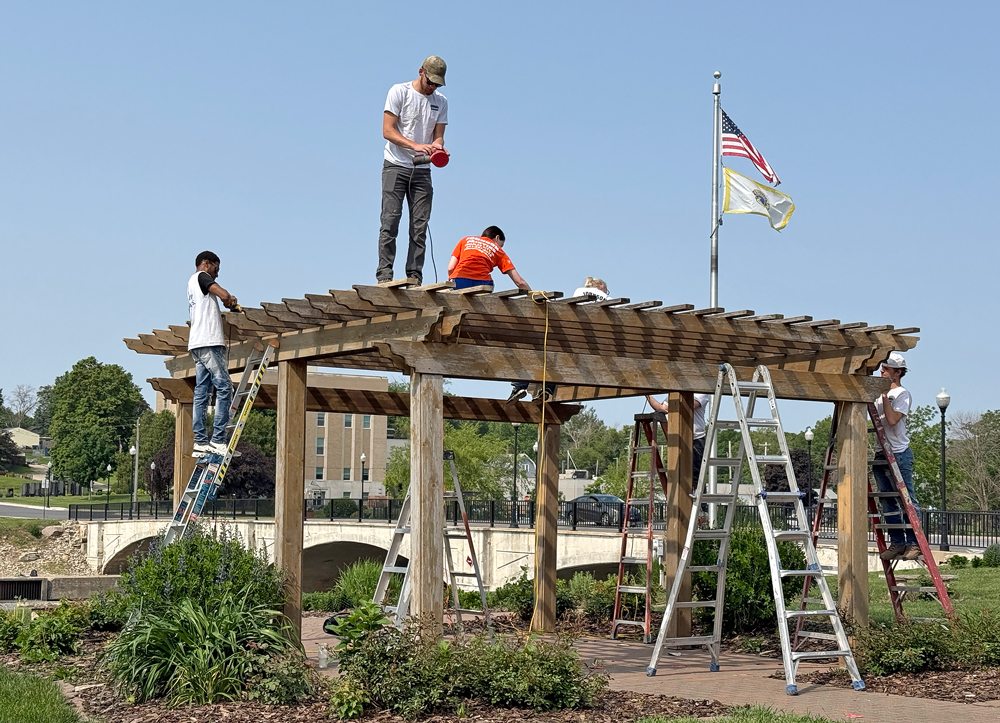Broadband Commission addresses important questions
By Kelly Terpstra, kterpstra@charlescitypress.com
Can a fiber-to-the-home project be funded in Charles City without the use of taxpayer money or backing from the city?
“That’s the $12 million question,” said City Administrator Steve Diers.
Members of the Broadband Commission met Thursday afternoon and laid out a plan to answer many questions the public may have about the $11.5 million proposed business endeavor.
Josh Mack, a voting member on the commission, suggested that public forums could be held to answer questions that people may have.
“This group could help people understand what it is and give people an opportunity to offer feedback and their thoughts or questions or oppositions or support of what it is we’re doing so they can hear firsthand on the process,” said Mack.
The intent of the “fiber-to-the-home solution” is to connect residents and businesses in Charles City with a triple-play package of high-speed internet, video/TV and telephone, with the objective of providing a fast, reliable and universally available network within the city.
First, the commission will need to hear from Erik Lampland and Lookout Point Communications. His firm, along with NewCom Technologies, is currently working on the business plan as a part of the design and engineering phase.
In order to think about proceeding to the build phase — the final step in the project that would put fiber in the ground — Lampland needs to know where the telecom would be located and have a utility board in place.
Members of the commission voted last week to make the City Hall building the telecom’s default location for now. The commission is also looking into the possibility of the data center being housed at the 500 N. Grand building or at 800 N. Main St, the Unggoy building.
When voters approved the creation of a municipal telecom utility, they voted to have it managed by a separate utility board. Diers has stated that the board would need to be in place prior to the issuance of any revenue bonds that could fund the project.
“We have no intention of using tax dollars to pay for it,” said Diers.
Charles City would be the first municipality in the state without its own electrical utility that would undertake construction of a fiber-to-the-home project if the business plan is given the go-ahead by the City Council.
Voting commission member Jeff Marty asked point-blank, “Is there any concern that we wouldn’t be able to get funding?”
Diers response was also straight-forward.
“There’s a big concern,” he said.
Diers said the majority of fiber-to-the-home projects in the state have been backed by their city’s own electric utility. This provides the benefit of shared services with staffing and large amounts of liquid assets to fund the project or help borrow through the utility.
Diers also said conduit or fiber can also be run near the same electrical lines that the utility has already dug. Another positive was a city-run electric utility already has a board in place and a lot of the time that group will act as the same board for the telecom.
The funding is perhaps the key element in whether the project can move forward and be brought before the City Council to vote on.
“The state’s watching this from both sides. They have a lot of eyes on this project to see if this is something that we can get financed,” said Diers. “That’s what it all boils down to.”
The commission listed many pros and cons on Thursday that were associated with the project. One con was the initial cost of the project, but the long-term expense was considered a positive aspect because after several years the project should pay for itself through its subscriber-base contracts for service.
Diers said the city will create a head-in located in Charles City for internet capability, but would contract services out for phone and TV/video should the project be approved. The internet connection would be a regional loop that connects with adjacent communities and would provide redundancy and reduce costs.
Diers emphasized that Charles City residents would not be required to sign up for the triple-play package, like they are for water or electricity.
“This is not a required participation. Do I have to pay for this as a resident and the answer is no, you do not,” said Diers.
Customers will also have the option of choosing which parts of the system they subscribe to.
“Customers don’t have to get all three,” Diers said, talking about internet, telephone and TV/video.
The commission approved going ahead with a promotional campaign at last week’s meeting that would inform the public as to the pros and cons of the project. The council agreed to talk to Kurt Karr about getting started with that aspect of the project.
Karr is an advisor and a member of the iVinton Committee who is helping Benton County with a fiber-to-the-home project that looks to break ground this year.
Marty said he has been asked a lot of questions from community members about when the project might be up and running.
“There’s people out there thinking about it and I think they’re excited about it,” said Marty.
That next Broadband Commission meeting will take place at 3:30 p.m. Thursday, May 2, in the council chambers.









Social Share